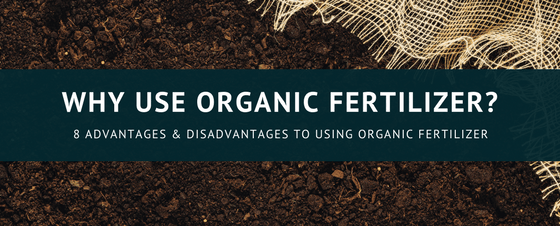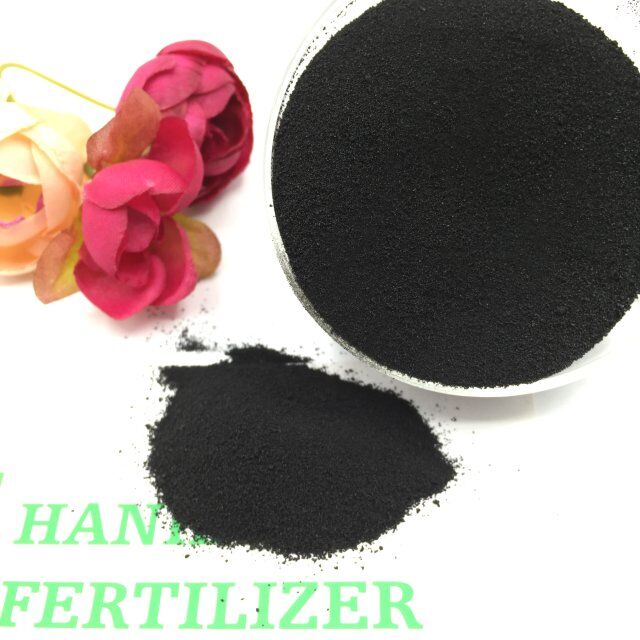
With 82% of U.S. households buying organic products, according to the Organic Trade Association, organic fertilizers are going to be an important tool for fertilizer users to consider when building programs. Here are 8 advantages and disadvantages to consider when using organic fertilizers in your program.
What Is An Organic Fertilizer?
Organic fertilizer is usually made from plant or animal waste – think manure or compost. They can also be highly processed products with a compost or manure base.
Humic Acid Potassium Humate Black Shiny Flakes Or Powder
What Are The Advantages Of Using Organic Fertilizer?
1. Soil Structure
Because of the organic matter present in pupuk organik, soil structure is improved and as a result the soil’s ability to hold onto water and nutrients increases.
2. Microbes Thrive
Synthetic fertilizer consists of chemical molecules without carbon. These molecules can sometimes be disruptive and are not accessible to microbes. On the other hand, organic fertilizer is rich in organic matter, which helps microbes thrive. Organic fertilizer contains carbon as part of its chemical makeup; and it is the carbon, along with nitrogen, phosphorus and potassium that feeds microbes and enables them to make nutrients available for plants in a naturally occurring biological process.
3. Sustainable and Environmentally Friendly
Synthetic fertilizers runoff into our waterways harming marine life and water quality. Organic fertilizers do not run off as easily (if at all) and are associated with soil structure. According to the Organic Trade Association, organic fertilizer also increases species biodiversity by 30% compared with synthetic fertilizer.
4. Reduce Fertilizers and Pesticides
Although organic fertilizer can be more costly than synthetic, it can reduce the need for pesticides and the overall nitrogen, phosphorus and potassium requirements. Because of the reductions, organic fertilizer can be cost neutral and sometimes a cost savings.
5. Plant Damage Threat Avoided
Some synthetic fertilizers can cause plant damage to leaves and roots. This is less likely with organic fertilizers.


